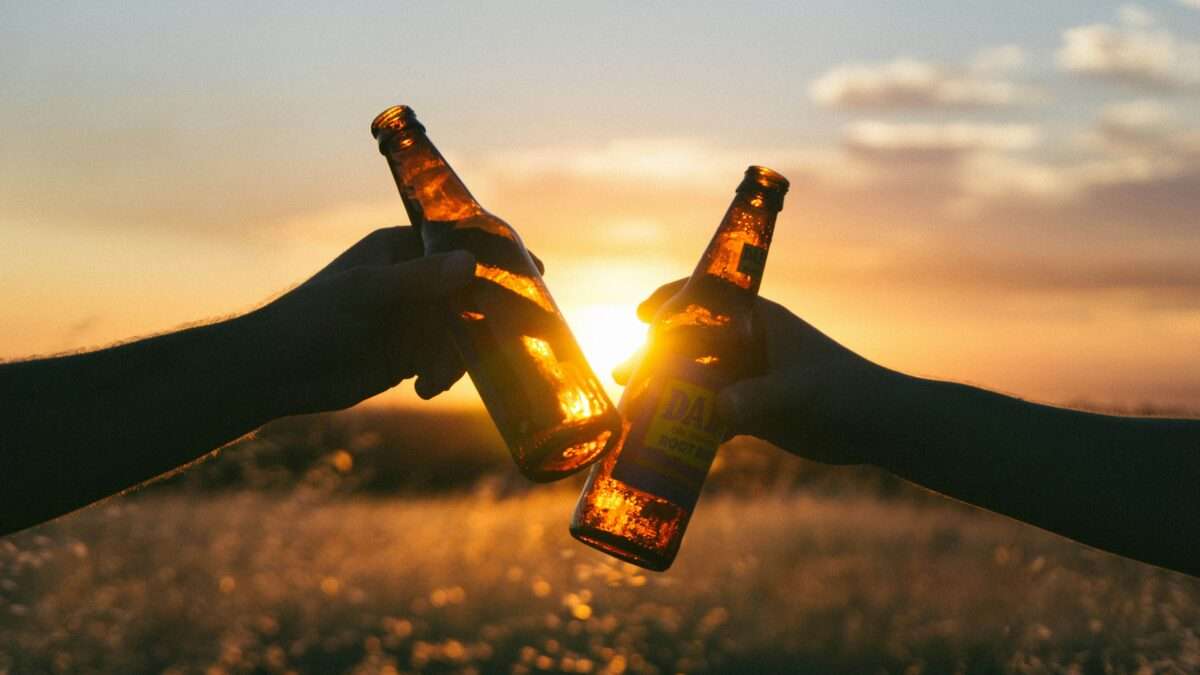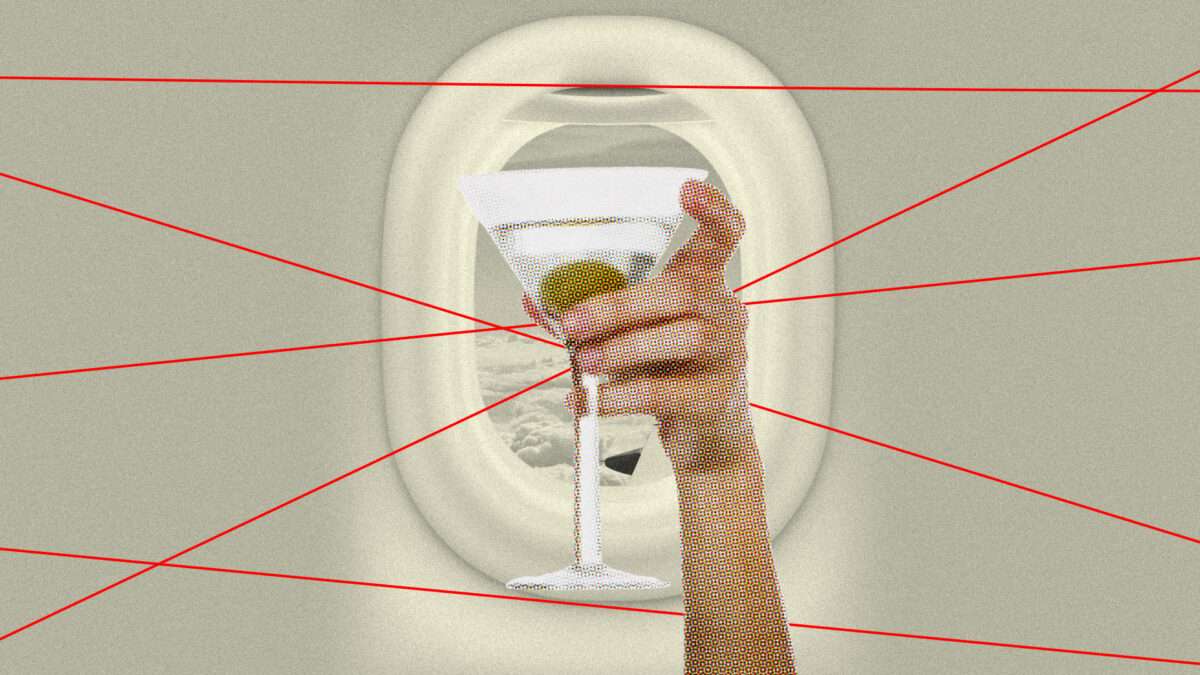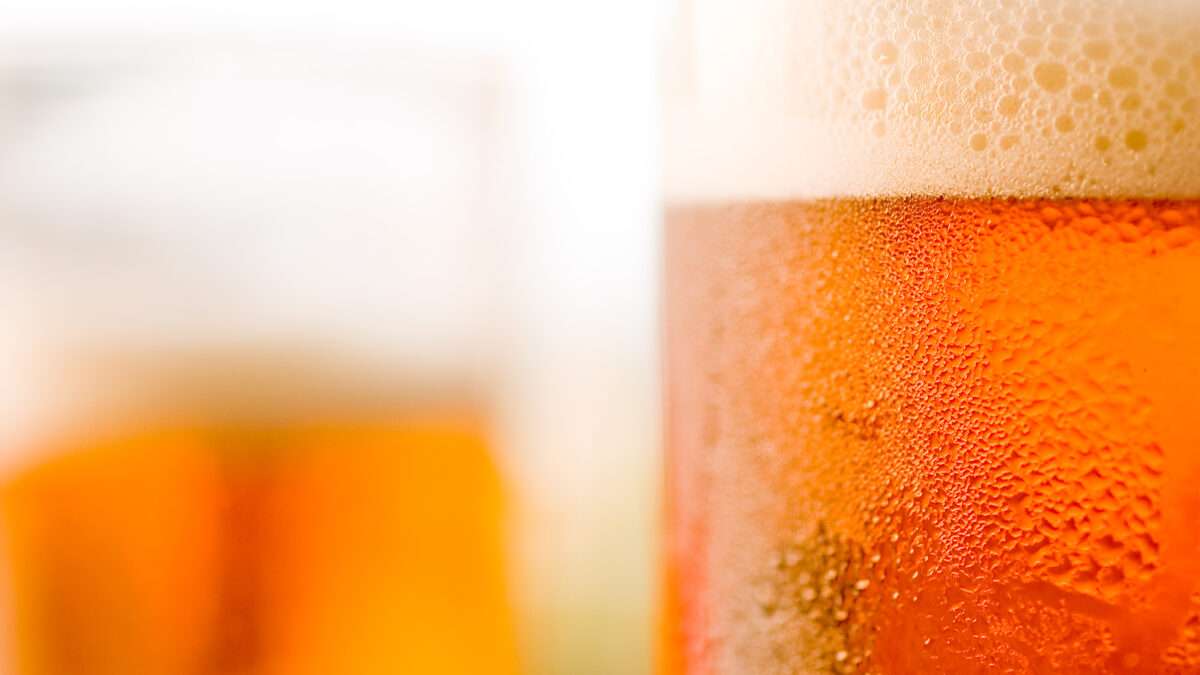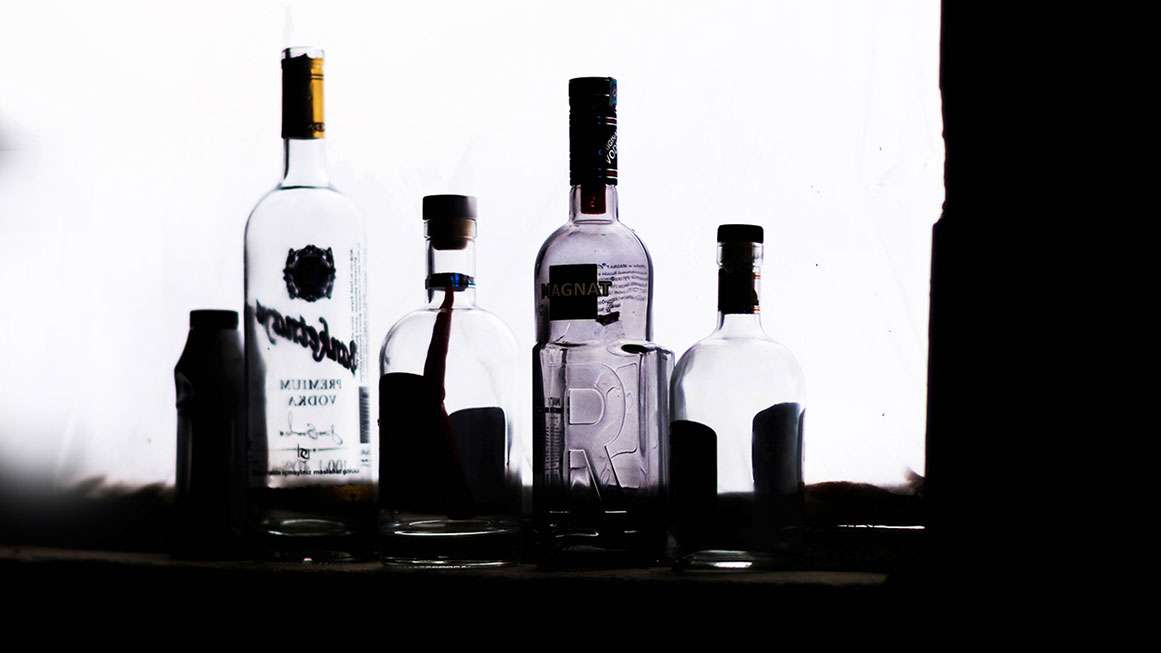Will Banning Nonalcoholic Beer Save the Children?

The new plan to keep kids from drinking alcohol: Ban kids (and some adults) from buying drinks containing zero alcohol.
No, it doesn't make much sense.
But that's the argument being made by Molly A. Bowdring, a clinical psychologist at Stanford, who wrote this week in STAT that nonalcoholic drinks meant to resemble beer or cocktails are "a potential public health crisis."
The zero-proof beverage market includes brands like Athletic Brewing, by far the largest nonalcoholic beer brand, as well as a growing number of wine and spirits varieties. While nonalcoholic drinks still account for a tiny sliver of the overall beverage market, the rate of growth in recent years has been impressive—driven by consumers who are looking to enjoy a drink without getting drunk.
But won't someone think of the children, frets Bowdring. "While it's great that more people are taking to heart public health messages that reducing alcohol consumption can improve well-being and extend life, an important lesson from vaping as a replacement for cigarettes is being overlooked: What may be good for adults may be harmful to kids."
After contacting alcohol regulators in every U.S. state, she writes that she was shocked to find drinks that contain no alcohol are generally not subjected to limitations placed on drinks that do contain alcohol. Imagine that.
"Children and teens are, by and large, legally permitted to purchase non-alcoholic beverages. This is a huge liability," warns Bowdring. "The path from non-alcoholic beverage consumption to alcohol use among youths appears to be fairly direct….Among minors, consuming non-alcoholic beverages can socialize them to the drinking culture, with the beverages being perceived as cool, adult, and modern."
Goodness gracious, not that.
The logic here is seriously flawed in several ways. Most importantly, banning the sale of nonalcoholic drinks to individuals under 21—which includes a lot of adults, by the way—isn't going to make "drinking culture" seem much different. And even if it did, it is absolutely not the government's job to police what subcultures seem cool or interesting.
If there's a compelling reason for the state to prohibit the sale of alcohol to some individuals, it's on the grounds that consuming alcohol can increase the risk that they harm themselves or others. But kids are already prevented from legally purchasing or consuming alcohol—and someone who is purchasing or consuming a nonalcoholic drink is, by definition, not consuming alcohol in the first place!
Finally, Bowdring isn't arguing that kids who buy nonalcoholic drinks go on to become raging alcoholics or drunk drivers or anything dangerous like that. She's panicked over the possibility that they'll have an increased interest in drinking, period. But learning to drink socially and responsibly—which might include the consumption of nonalcoholic drinks at times—is a key part of being an adult.
This isn't an argument for banning video games because some kids who play video games will someday commit a school shooting. This is arguing for banning video games because some kids who play video games might someday drive a few miles per hour over the posted speed limit.
The post Will Banning Nonalcoholic Beer Save the Children? appeared first on Reason.com.





